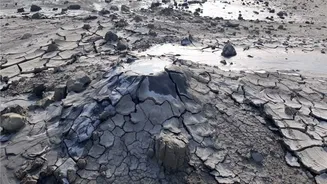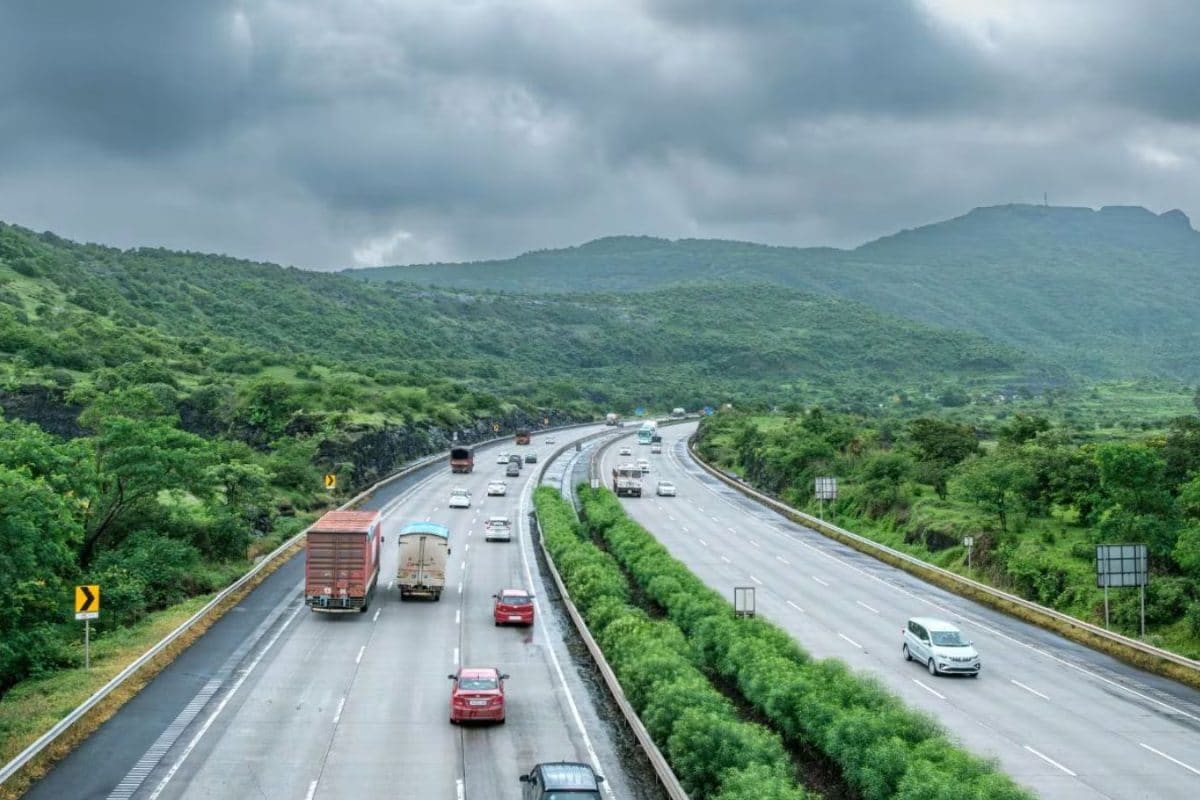Explore sustainable travel with 8 easy tips to lessen your impact. Be an eco-conscious traveler!
Namaste, globe-trotters! In today's world, seeing new places is easier than ever. But, with all this travel,
it's important to think about how we're impacting our planet. Sustainable travel is all about exploring the world while being mindful of the environment and the communities we visit.

It means leaving a positive footprint, not a negative one. So, how can we travel responsibly? Let's dive into eight simple ways to reduce your impact and become a more eco-conscious traveller.
Pack Light and Smart:
Ever dragged a suitcase that felt like it weighed a tonne? Not fun, right? And it's not just your back that suffers. The heavier your luggage, the more fuel the plane, train, or car needs to carry you. This means more carbon emissions. So, packing light is a win-win!
Start by making a list of essentials and stick to it. Choose versatile clothing items that can be mixed and matched to create different outfits. Think about using travel-sized toiletries to save space and weight. If possible, wear your heaviest shoes on the plane to save room in your bag.
Consider using packing cubes to compress your clothes and keep everything organized. Before you zip up your bag, ask yourself, "Do I really need this?". Also, try to carry a reusable water bottle, a small bag in your bag and a shopping bag. These will help you in your journey.
Choose Eco-Friendly Transportation:
How we get around plays a big role in our carbon footprint. Flying, especially long distances, has a significant impact on the environment. Whenever possible, opt for greener alternatives. If your destination is within reasonable distance opt for train travel.

Trains are generally more fuel-efficient than planes for shorter journeys. Within cities, use public transportation like buses, metros, or trams. You can also rent a bicycle and explore the city on two wheels. It's a fun and eco-friendly way to see the sights and get some exercise.
Walking is always the greenest option, and it gives you a chance to really soak in the atmosphere of a place. When you must fly, consider booking direct flights as they use less fuel than connecting ones.
Moreover explore options such as carbon offsetting programs offered by some airlines to mitigate the impact of your flight.
Stay in Sustainable Accommodations:
Where you stay can also make a difference. Look for hotels, guesthouses, or homestays that are committed to sustainability. These establishments often have eco-friendly practices in place, such as using renewable energy, conserving water, reducing waste, and supporting local communities.

Check if the accommodation has certifications like the Green Key or LEED that indicate their commitment to sustainability. Read reviews and look for information about their environmental policies on their website.
Some accommodations may have towel and linen reuse programs, energy-efficient lighting, and water-saving fixtures. By choosing sustainable accommodations, you're supporting businesses that prioritize the environment and helping to reduce the impact of your stay.
Opting local homestays rather than bigger hotels could be good too.
Respect Local Culture and Communities:
Sustainable travel isn't just about the environment, it's also about respecting the culture and communities you visit. Be mindful of local customs and traditions. Learn a few basic phrases in the local language. Dress modestly when visiting religious sites.

Support local businesses such as restaurants, shops, and markets. Buying locally made products helps to support the local economy and reduces the need for imported goods. Avoid activities that exploit or harm local people or animals.
Be a responsible tourist and treat the people and places you visit with respect. Engage with locals by asking them for recommendations, learning about their way of life, and listening to their stories. Remember, you are a guest in their home, so be a good one.
Reduce, Reuse, Recycle:
This mantra applies to travel as well! Reduce your consumption by bringing your own reusable items, such as water bottles, coffee cups, shopping bags, and straws. Refuse single-use plastics whenever possible. Reuse your towels and linens at your accommodation to save water and energy.

Recycle paper, plastic, and glass whenever facilities are available. Be mindful of your waste and try to minimize it. Carry a reusable water bottle and refill it whenever possible. Say no to plastic straws and disposable cups. When shopping, bring your own reusable bag to avoid taking plastic bags.
If you do have to use disposable items, make sure to dispose of them properly. Avoid throwing trash in non-designated areas or on the streets.
Conserve Water and Energy:
Water and energy are precious resources, especially in some parts of the world, so it's a must that you conserve. Take shorter showers, turn off the lights and air conditioning when you leave your room, and avoid wasting water.
Be mindful of your water usage when brushing your teeth or washing your hands. Use water-saving features if they are available. When you leave your accommodation, make sure to turn off all lights, electronics, and appliances. Unplug chargers when they are not in use.
By conserving water and energy, you can reduce the environmental impact of your stay and help to preserve these resources for future generations. Make a habit to turn off lights when there's enough natural light in your room or when you're leaving. Also, avoid running the tap water unnecessarily.
Eat Local and Seasonal Food:
Food is an integral part of the travel experience, but it can also have an impact on the environment. Choose to eat at local restaurants that serve seasonal ingredients. This supports local farmers and reduces the carbon footprint associated with transporting food over long distances.
Try local specialties and learn about the culinary traditions of the region. Avoid eating at international chain restaurants and instead, embrace the unique flavors of the destination. Visit local markets and buy fresh produce directly from the farmers.
By eating local and seasonal food, you're not only supporting the local economy but also reducing your environmental impact. Choose restaurants that source ingredients locally for dishes made with fresh, seasonal produce.
Leave No Trace:
When exploring natural environments, it's crucial to leave no trace behind. Pack out everything you pack in, including trash, food wrappers, and cigarette butts. Stay on marked trails to avoid damaging vegetation. Avoid disturbing wildlife or their habitats.

Do not collect souvenirs from nature, such as rocks, shells, or flowers. Be respectful of the environment and leave it as you found it, or even better. If you see trash left by others, pick it up and dispose of it properly.
The goal is to minimize your impact on the natural environment and preserve it for future generations to enjoy. Make your visit to nature a clean experience for yourself and your environment by not throwing any kind of waste or causing harm to the environment.
Travel sustainably for a better planet and community
Traveling sustainably may seem like a lot of effort, but it's actually quite simple. By making small changes to the way we travel, we can significantly reduce our impact on the environment and support local communities.

So, the next time you plan a trip, remember these eight simple ways to travel sustainably. Happy travels, and spread the word about sustainable tourism to your friends and family! Let's all do our part to protect our planet and make travel a force for good. Safe travels and happy exploring!
















